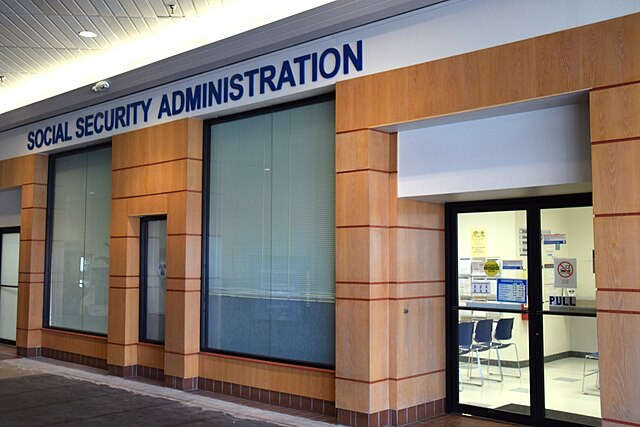The Social Security Administration's decision to end phone-based identity verification and require millions of recipients to appear in person is drawing widespread criticism from lawmakers, advocacy groups, and seniors, who warn the abrupt shift could leave vulnerable Americans without access to critical benefits.
Beginning March 31, the SSA will require in-person visits for recipients unable to verify their identity via the agency's online "my Social Security" portal. The change coincides with plans to shutter 47 SSA field offices nationwide, 26 of which are scheduled to close this year, including some as early as next month.
The agency cited concerns over fraud as the driving force behind the move, estimating $100 million in direct deposit fraud annually. But advocates note that figure represents a tiny fraction-roughly 0.00625%-of the $1.6 trillion the SSA distributes in old-age and disability benefits each year.
"This will make it far harder for the American people to claim their earned benefits. It could even cause major delays, and ultimately collapse the system, by overwhelming the field offices," said Nancy Altman, president of Social Security Works.
Critics also point to the loss of phone services as a key risk. Families with children who receive Social Security payments and individuals lacking reliable internet access will be forced to travel, sometimes long distances, to agency offices to resolve basic issues.
Kentucky Governor Andy Beshear expressed concern for seniors in rural areas. "Some of our oldest Kentuckians, who are living on a fixed income, who don't have the resources to travel, have to travel hours to get basic questions answered," Beshear said. "My concern is that what Elon Musk is trying to do is break government, not fix it."
The Musk-led Department of Government Efficiency, which oversees SSA reforms, has pushed for aggressive streamlining of federal agencies, prompting accusations that the goal is to reduce access to essential services.
In response to the policy shift, 62 House Democrats sent a letter to acting commissioner Leland Dudek, warning of "additional barriers" for beneficiaries. "Requiring beneficiaries to seek assistance exclusively online, through artificial intelligence, or in person at SSA field offices would create additional barriers, particularly for those who live far from an office," the lawmakers wrote.
Nancy LeaMond, AARP's chief advocacy officer, said the changes arrived without warning and were being implemented too rapidly. "SSA needs to be transparent about its service changes and seek input from the older Americans who will be affected. Because any delay in Social Security caused by this change can mean real economic hardship," she said.
Retirees expressed alarm over potential disruptions. "What would happen if I didn't get that check?" said 80-year-old Sandi Bachom of New York. "I don't have any family. Everybody's dead. There's no one to take care of me."
Harrison Fields, a White House spokesman, defended the measure, saying, "We're looking out for seniors by doing this" and framing it as a necessary step to prevent fraud.
But agency documents and former SSA officials suggest the approach may create new risks. By removing the longstanding 30-day hold on direct deposit changes and eliminating phone verification, advocates fear scammers will exploit confusion to target seniors.
Jill Hornick, an SSA employee for 33 years, warned, "It is going to absolutely open the door to people committing fraud and hurting older adults, especially those who are most vulnerable."
AARP reported that over 800,000 members have contacted Congress in recent days to protest the SSA's decision, highlighting mounting public concern.






